In the rapidly evolving landscape of technology, DevOps Certifications has emerged as a critical methodology for software development and IT operations. It emphasizes collaboration, automation, and continuous delivery, enabling organizations to deliver high-quality software faster and more efficiently. As a result, there is a growing demand for skilled professionals who can implement and manage DevOps practices. Obtaining a DevOps certification can significantly enhance your career prospects, validating your expertise and opening doors to exciting opportunities. In this blog post, we will explore the top DevOps certifications that can accelerate your career growth.
Overview of DevOps in Modern Software Development
DevOps is a collaborative and agile approach to software development and IT operations, emphasizing the integration of development (Dev) and operations (Ops) teams. This methodology aims to streamline the software development lifecycle, enhancing collaboration, communication, and automation. In modern software development, DevOps fosters a culture of continuous integration, continuous delivery (CI/CD), and continuous monitoring. By automating repetitive tasks, such as testing and deployment, DevOps accelerates the delivery of high-quality software, reduces time-to-market, and improves system reliability. The adoption of DevOps practices has become essential in today’s fast-paced digital landscape, enabling organizations to respond quickly to market changes, enhance customer satisfaction, and maintain a competitive edge.
Importance of DevOps Certification for Companies
DevOps certifications holds significant value for companies, as it ensures that professionals possess the necessary skills and knowledge to implement and manage DevOps practices effectively. Certified DevOps professionals are equipped with expertise in automation, continuous integration, continuous delivery, and cloud infrastructure, which are critical components of modern software development. By hiring certified individuals, companies can streamline their development and operations processes, resulting in faster time-to-market, improved product quality, and reduced operational costs. Additionally, DevOps certifications fosters a culture of collaboration and innovation, enabling teams to work more efficiently and adapt to changing business needs. Ultimately, investing in DevOps certifications helps companies build a robust and agile IT infrastructure, enhancing their competitive advantage and ensuring long-term success in a rapidly evolving digital landscape.
Key Benefits of DevOps Certifications for Companies
DevOps certifications offer numerous benefits to companies by ensuring that their workforce is well-versed in modern development and operations practices. Certified professionals bring a deep understanding of automation, continuous integration, and continuous delivery (CI/CD), which are essential for streamlining the software development lifecycle. This expertise allows companies to accelerate time-to-market for new products and features, significantly improving their responsiveness to market demands and customer needs.
Moreover, DevOps certifications foster a culture of collaboration and communication between development and operations teams, breaking down silos and enhancing efficiency. This collaborative environment leads to more consistent and reliable software releases, reducing downtime and increasing system stability. Certified DevOps practitioners are also skilled in leveraging cloud technologies and infrastructure as code, enabling companies to scale their operations seamlessly and manage resources more effectively.
Additionally, companies benefit from reduced operational costs and improved security practices, as certified professionals are trained to implement robust monitoring, compliance, and security measures. By investing in DevOps certifications, companies can build a more agile, resilient, and innovative IT infrastructure, ultimately leading to enhanced customer satisfaction and a stronger competitive edge in the market.
1. AWS Certified DevOps Engineer – Professional
The AWS Certified DevOps Engineer – Professional certification is one of the most sought-after credentials in the DevOps field. This DevOps Certifications It validates your expertise in provisioning, operating, and managing distributed application systems on the Amazon Web Services (AWS) platform. This DevOps Certifications is ideal for individuals who have experience with AWS and want to demonstrate their skills in implementing DevOps practices.
Key Skills Covered:
- Continuous delivery and automation of processes
- Monitoring and logging to maintain system health
- Infrastructure as code using AWS CloudFormation
- Security controls and governance on AWS
Prerequisites:
- At least two years of hands-on experience managing AWS environments
- Proficiency in a high-level programming language
Exam Details:
- Format: Multiple-choice, multiple-response
- Duration: 180 minutes
- Cost: $300
2. Microsoft Certified: DevOps Engineer Expert
The Microsoft Certified: DevOps Engineer Expert certification is designed for professionals who want to validate their skills in designing and implementing DevOps processes using Microsoft Azure. This DevOps Certifications is ideal for individuals who are already familiar with Azure and wish to advance their careers in the DevOps domain.
Key Skills Covered:
- Implementing continuous integration and delivery (CI/CD)
- Managing infrastructure using Azure and automation tools
- Configuring monitoring and alerting systems
- Implementing security and compliance practices
Prerequisites:
- Knowledge of Azure administration and development
- Understanding of CI/CD processes
Exam Details:
- Format: Multiple-choice, multiple-response
- Duration: 150 minutes
- Cost: $165
3. Certified Kubernetes Administrator (CKA)
Kubernetes is an open-source container orchestration platform that has become a standard in managing containerized applications. The Certified Kubernetes Administrator (CKA) certification demonstrates your proficiency in deploying, managing, and scaling Kubernetes clusters. This certification is ideal for professionals who want to specialize in container management and orchestration.
Key Skills Covered:
- Kubernetes architecture and components
- Installation, configuration, and validation of Kubernetes clusters
- Managing networking, storage, and security in Kubernetes
- Troubleshooting and monitoring Kubernetes environments
Prerequisites:
- Basic understanding of containers and Docker
- Familiarity with Linux command-line tools
Exam Details:
- Format: Performance-based (hands-on tasks)
- Duration: 180 minutes
- Cost: $300
4. Google Professional DevOps Engineer
The Google Professional DevOps Engineer certification is designed for professionals who want to demonstrate their expertise in managing and optimizing Google Cloud Platform (GCP) services. This certification is ideal for individuals who are experienced with GCP and want to showcase their skills in automating and optimizing cloud-based infrastructure.
Key Skills Covered:
- Designing and implementing CI/CD pipelines
- Monitoring and logging for GCP services
- Implementing security and compliance practices
- Managing GCP infrastructure and services
Prerequisites:
- Experience with GCP and its services
- Understanding of cloud-native applications
Exam Details:
- Format: Multiple-choice, multiple-response
- Duration: 120 minutes
- Cost: $200
5. Docker Certified Associate (DCA)
Docker is a popular platform for developing, shipping, and running applications in containers. The Docker Certified Associate (DCA) certification validates your skills in containerization and Docker’s core features. This certification is ideal for professionals who want to specialize in container technologies and DevOps practices.
Key Skills Covered:
- Docker architecture and components
- Installation and configuration of Docker
- Image creation, management, and deployment
- Orchestrating Docker containers with Swarm and Kubernetes
Prerequisites:
- Familiarity with Docker and containerization concepts
- Basic understanding of networking and Linux systems
Exam Details:
- Format: Multiple-choice, multiple-response
- Duration: 90 minutes
- Cost: $195
6. Red Hat Certified Specialist in Ansible Automation
Ansible is an open-source automation tool that simplifies IT configuration management, application deployment, and task automation. The Red Hat Certified Specialist in Ansible Automation certification demonstrates your ability to use Ansible to automate IT tasks. This certification is ideal for professionals who want to specialize in automation and configuration management.
Key Skills Covered:
- Writing and managing Ansible playbooks and roles
- Automating system configuration and management tasks
- Deploying applications using Ansible
- Integrating Ansible with other IT tools and systems
Prerequisites:
- Familiarity with Ansible and automation concepts
- Understanding of Linux systems and shell scripting
Exam Details:
- Format: Performance-based (hands-on tasks)
- Duration: 180 minutes
- Cost: $400
7. Puppet Certified Professional
Puppet is a powerful open-source configuration management tool used to automate the management of infrastructure. The Puppet Certified Professional certification validates your expertise in using Puppet for configuration management and automation. This certification is ideal for professionals who want to specialize in infrastructure automation.
Key Skills Covered:
- Puppet architecture and components
- Writing and managing Puppet manifests and modules
- Automating infrastructure provisioning and management
- Integrating Puppet with other DevOps tools
Prerequisites:
- Experience with Puppet and configuration management concepts
- Basic understanding of networking and Linux systems
Exam Details:
- Format: Multiple-choice, multiple-response
- Duration: 90 minutes
- Cost: $200
8. DevOps Institute Certified DevOps Practitioner (CDP)
The DevOps Institute Certified DevOps Practitioner (CDP) certification is designed for professionals who want to gain a comprehensive understanding of DevOps principles and practices. This DevOps Certifications covers a wide range of topics, including culture, automation, lean, measurement, and sharing (CALMS) in the context of DevOps. It is ideal for individuals who want to demonstrate their holistic understanding of DevOps methodologies.
Key Skills Covered:
- DevOps principles and practices
- Implementing CI/CD pipelines
- Automation and infrastructure as code
- Monitoring and feedback loops
Prerequisites:
- Understanding of DevOps concepts and practices
- Familiarity with CI/CD tools and methodologies
Exam Details:
- Format: Multiple-choice, multiple-response
- Duration: 60 minutes
- Cost: $200
9. Jenkins Engineer
Jenkins is a widely-used open-source automation server that supports building, deploying, and automating projects. The Jenkins Engineer certification validates your skills in using Jenkins for continuous integration and delivery. This DevOps Certifications is ideal for professionals who want to specialize in CI/CD automation.
Key Skills Covered:
- Jenkins architecture and components
- Setting up and configuring Jenkins
- Creating and managing Jenkins pipelines
- Integrating Jenkins with other DevOps tools
Prerequisites:
- Experience with Jenkins and CI/CD concepts
- Understanding of automation and scripting
Exam Details:
- Format: Multiple-choice, multiple-response
- Duration: 90 minutes
- Cost: $200
Conclusion
Obtaining a DevOps certification can be a game-changer for your career, providing you with the skills and knowledge to excel in the rapidly growing field of DevOps. Whether you’re interested in cloud platforms, containerization, automation, or continuous integration, there’s a certification that aligns with your career goals. By earning one or more of these top DevOps certifications, you can validate your expertise, enhance your professional credibility, and open doors to new and exciting opportunities. As the demand for DevOps professionals continues to rise, now is the perfect time to invest in your career growth and stay ahead of the curve.








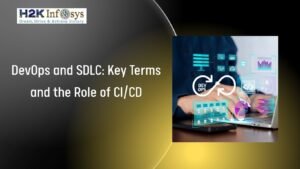



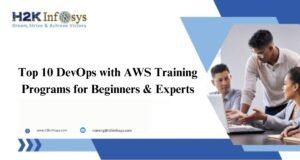










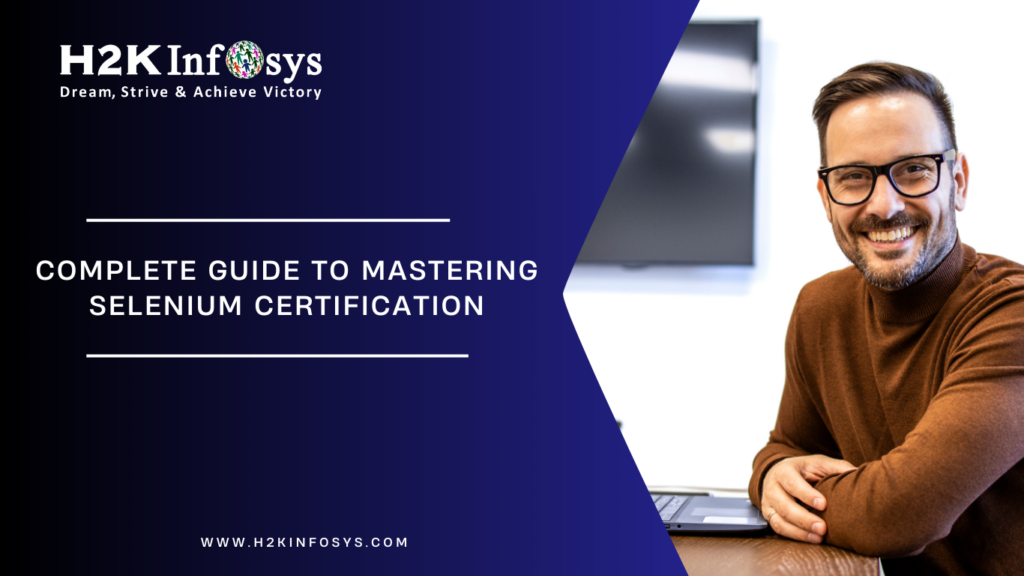
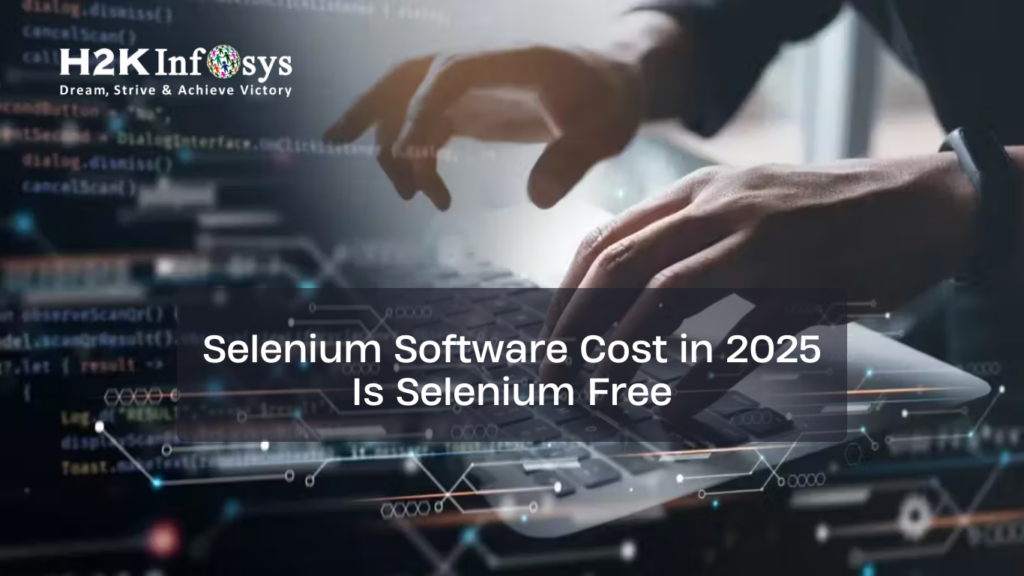


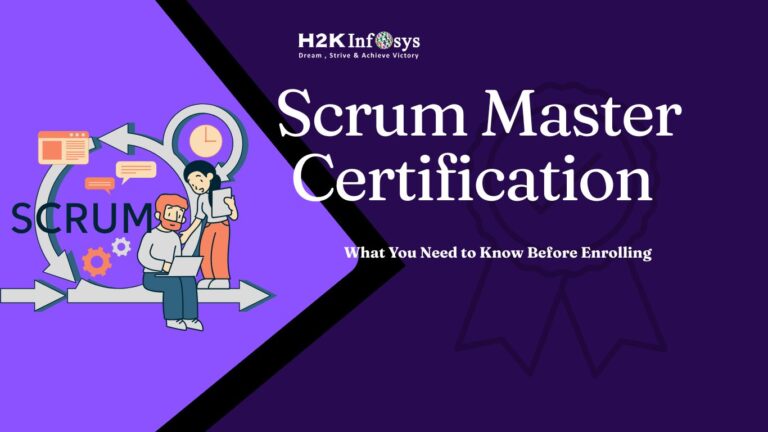

2 Responses